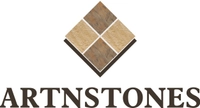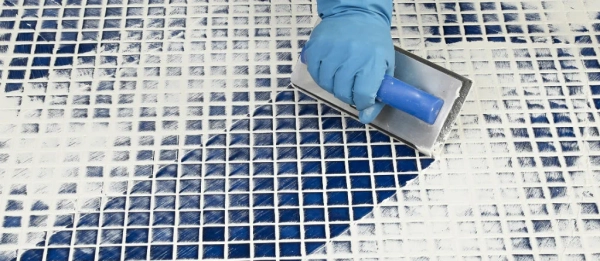Epoxy grout is a type of grout used to fill spaces between tiles or stones. It's made from epoxy resins and a filler powder, often containing silica, quartz, or other minerals. Here's a breakdown of its content and characteristics:
-
Epoxy Resin: This is the primary binding agent in epoxy grout. Epoxy resins are polymers formed from the reaction of epoxides with amines or other co-reactants. They provide excellent adhesion, chemical resistance, and durability.
-
Filler Powder: The filler powder in epoxy grout serves several purposes. It adds bulk to the grout mixture, improves its texture and workability, and can also influence its color. Common filler materials include silica sand, quartz, or other inert minerals.
-
Pigments: Epoxy grout can be pigmented to match or complement the color of the tiles or stones it's filling. Pigments are added to the grout mixture during manufacturing to achieve the desired color.
-
Additives: Manufacturers may include various additives in epoxy grout formulations to enhance specific properties. These additives can improve flowability, reduce shrinkage during curing, increase stain resistance, or impart other beneficial characteristics.
-
Curing Agents: Epoxy grouts require a curing agent to harden. Typically, this involves a two-part system where the resin and hardener are mixed together just before application. The curing process can be accelerated or slowed down depending on the specific formulation and application requirements.
-
Chemical Resistance Agents: Epoxy grouts are known for their exceptional resistance to stains, chemicals, and moisture. This property makes them particularly suitable for use in areas prone to spills, such as kitchens and bathrooms. Chemical resistance agents may be added to enhance this property further.
-
Anti-Microbial Agents: In environments where mold and mildew growth are concerns, such as showers and swimming pools, epoxy grouts may contain additives with anti-microbial properties to inhibit the growth of these organisms.
-
Modifiers: Depending on the specific application requirements, epoxy grout formulations may include modifiers to adjust characteristics such as flexibility, strength, or setting time.
Epoxy grout is favored for its durability, resistance to staining, and low maintenance requirements, making it a popular choice for both residential and commercial tile installations, especially in high-traffic or demanding environments. However, it typically requires more care during installation compared to cement-based grouts due to its shorter working time and different curing process.


